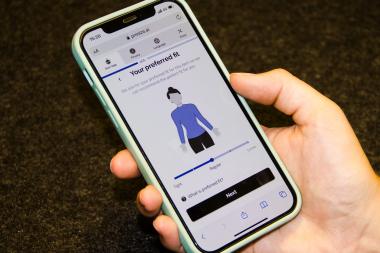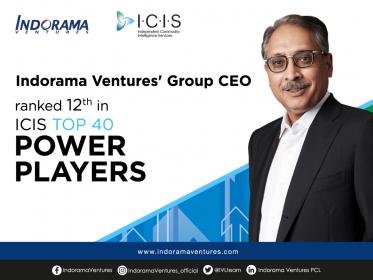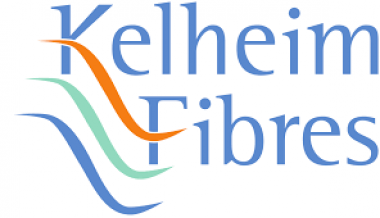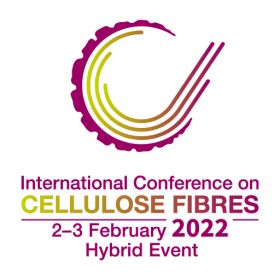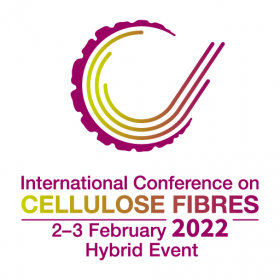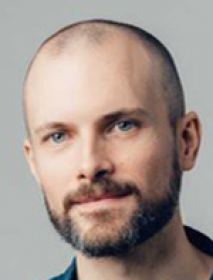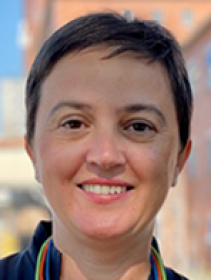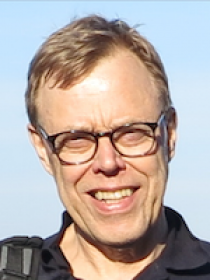Sateri completes Higg Facility Social and Labour Module Assessment
All of Sateri’s five viscose mills in China have undergone independent evaluation of their social and labour practices, having completed the Higg Facility Social and Labour Module (FSLM) audit and achieved a consistent high score of above 80%.
A member of the RGE group of companies, Sateri is also one of the world’s first viscose producers to have completed the Higg Facility Environmental Module (FEM) assessment, with the similar verified high score of over 80% for all its viscose mills.
Developed by the Sustainable Apparel Coalition, a global, multi-stakeholder non-profit alliance for the fashion industry, the Higg Index is a suite of tools that enables brands, retailers and facilities of all sizes to accurately measure and score a company or product’s sustainability performance.
The FSLM tool of the Higg Index holistically assesses working conditions of the mills, including fair wages and compensation, health & safety, respectful treatment of employees etc; while the FEM tool focuses more on environmental performance, including energy consumption, greenhouse gas missions, water use, chemical and waste management.
Sateri






